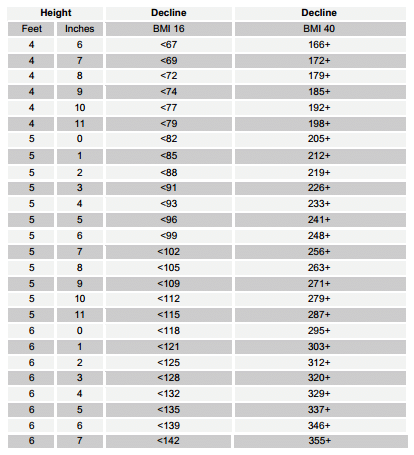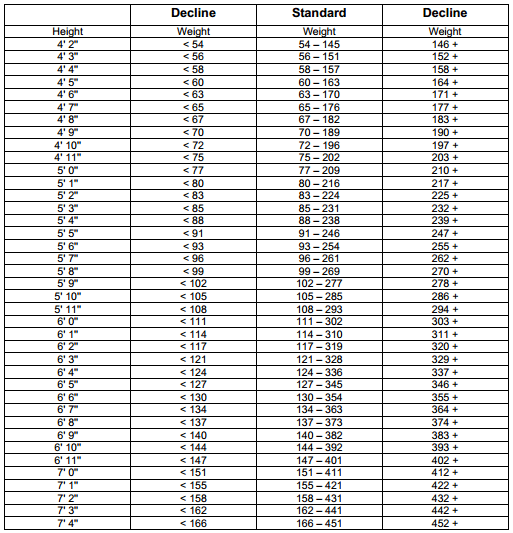Best Medicare Supplement with AFib
Get approved for a Medicare Supplement with AFib (Atrial Fibrillation)

One of the toughest medical conditions to get around when you want a Medicare Supplement with AFib, otherwise known as Atrial Fibrillation or AF. Atrial Fibrillation is an irregular heartbeat. This increases the risk of stroke and heart disease. AFib can be treated in a multitude of ways including medication, the implantation of a pacemaker or with procedures including cardio version or an ablation. Sometimes the cause unknown and other times it can be attributed to uncontrolled high blood pressure or CAD (coronary artery disease) that causes a change in the heart’s electrical system.
Many Medicare Supplement companies will automatically decline an applicant solely based on a prescribed medication. It’s important to tell your independent agent all of the medications you are taking so they can target a company that would potentially approve you.
Common medications for Atrial Fibrillation include:
- Anti-coagulants such as Warfarin (Coumadin) and some newer drugs like Prodaxa, Xarelto and Eliquis. These medications help to prevent blood clot from forming that can cause a stroke.
- Beta blockers include drugs like Atenolol, Carvedilol, Nadol and Metoprolol can also used to slow the heart rate.
- Calcium channel blockers very commonly used are Diltiazem, Digoxin and Verapamil also used to slow the heart rate.
- Sodium channel blockers control the heart rhythm by slowing the heart’s ability to conduct electricity. These medications include Quinidine, Flecainide and Propafenone.
- Potassium channel blockers including Amiodarone, Sotalol and Dofetilide help to slow the electrical signals that can cause AFib.
Two companies that may approve an applicant with AFib within certain guidelines.
Central States Indemnity of Omaha (CSI) – A+ rated by AM Best and a Berkshire Hathaway company
CSI is willing to consider an applicant even if they are taking any of the medications listed above as long as the condition is stable. Stable means:
- The applicant must have been diagnosed more than two years ago.
- There has been no treatment including but not limited to cardio versions, ablations, surgeries or hospitalizations or emergency room visits in the last two years to treat atrial fibrillation.
- There have been no changes in medications that are prescribed to treat atrial fibrillation. This includes the addition of new medications or changes in the dosage.
Manhattan Life – B+ rated by AM Best and a Harris Insurance Holdings Group Company
Manhattan Life is a company that will not strictly go by yes or no answers on the application. AFib is one of the conditions that would fall under a “heart rhythm disorder” and the question must be answered yes if you have been diagnosed, treated with medication or had any procedure associated with Atrial Fibrillation. If you have not had any recent treatment or an initial diagnosis in the last 2 years, and you’re only taking medication to control it, there is a good chance they will accept you.
You will need to list all of your medications that you have taken in the last 24 months, the condition it is treating, the dosage and when you first starting taking the medication. It’s important to be as accurate as possible and if you are unsure when you started taking it, call your pharmacy and they can tell you when you first started the medication. If you are unsure why you are taking a medication, don’t guess. Call the doctor’s office who prescribed it and as them to look it up in your medical chart.
AFib in combination with other medical Conditions

As with almost all companies except Aetna, you must fit within the height and weight guidelines. The other big issue to get around when trying to qualify for a Medicare Supplement with AFib is Diabetes. So many companies right off the bat will decline an applicant with the combination of Diabetes and ANY type of heart disease. Diabetes, whether it’s type I or type II won’t really matter. What does matter is if the person is on insulin, how much insulin they use per day and if they are talking more than 2 medications for high blood pressure or more than two medications for diabetes.
If you only take one oral medication for diabetes and two blood pressure medications, we will be able to consider both companies including Manhattan Life or CSI.
Even if the applicant meets all the requirements mentioned and the rest of the application, there is one last thing we need to consider. Any of the medications the applicant is taking cannot be on the list of declinable drugs for Manhattan Life or CSI of Omaha. Our independent agents have access to the list and check to make sure.
Height and Weight charts for CSI of Omaha and Manhattan Life


